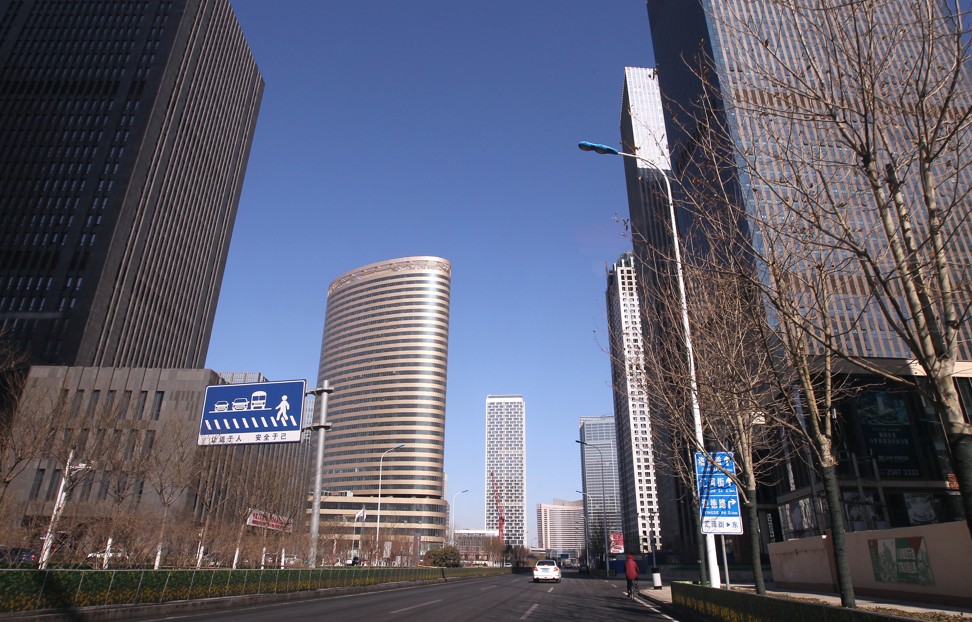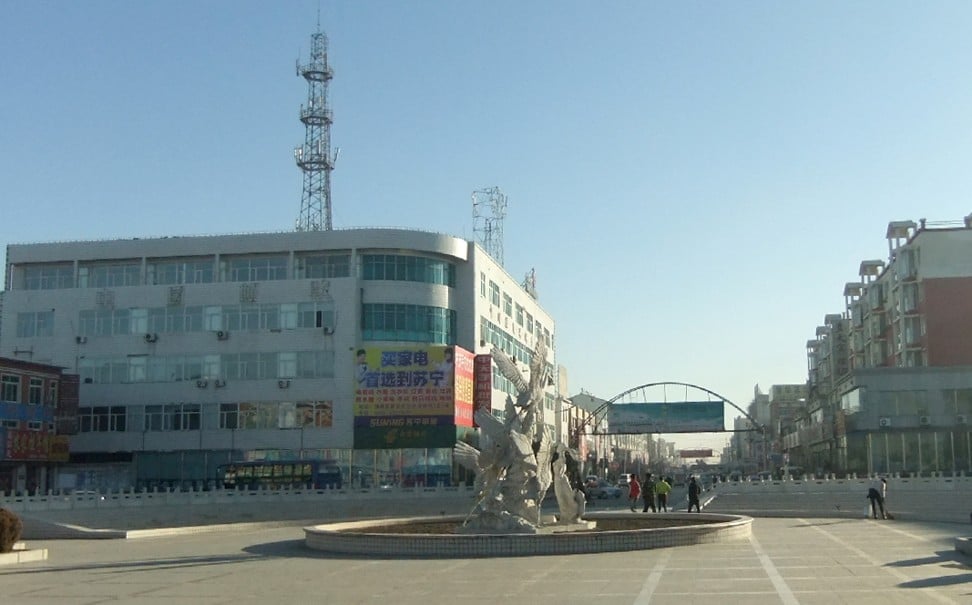
China’s economic census uncovers more fake data as officials promise ‘zero tolerance’ to data manipulation
- Guanghan city in Sichuan province is the latest to have been found to have falsified data by the National Bureau of Statistics
- Local officials are under pressure to meet economic growth targets for personal promotion as well as the trade war with the United States
Officials in the central Chinese city of Guanghan have been found to have gone to extraordinary lengths to manipulate raw data to obscure the real picture of the health of the economy, according to the National Bureau of Statistics, in the latest case to undermine the accuracy of economic data in the mainland.
Local census staff from the county-level city in southwestern Sichuan province, which has a population of more than 600,000, had been instructed by local officials to create a system that required towns and industrial estates to provide data “matched” to a predetermined target for overall gross domestic product.
In particular, under pressure from the local government, industrial firms falsified detailed data on business revenues, depreciation of fixed assets, payroll, and operating profits.
In 2018, Guanghan reported that its economy grew 9 per cent to 45.1 billion yuan (US$6.5 billion) – significantly more than the national average of 6.6 per cent.
So long as economic growth remains key for the nation as a whole, completely removing data fraud at the grass roots level of the political system, particularly at the city and prefecture levels, will be difficult
Government officials also tried to block law enforcement officials from inspecting its data and violated the regulation requiring the statistical bureau to take responsibility for filing accurate data on progress in meeting economic targets, according to a National Bureau of Statistics (NBS) report published earlier this week.
“Even though Beijing has tried to de-emphasise economic performance by moving to a more comprehensive, broad based set of criteria [for evaluation] of local officials, the shift in the mentality [of local officials] will take time,” said Aidan Yao, senior emerging Asia economist at AXA Investment Managers.
“And so long as economic growth remains key for the nation as a whole, completely removing data fraud at the grass roots level of the political system, particularly at the city and prefecture levels, will be difficult.”
The NBS, who have been disclosing statistical irregularities since the end of 2018, has handed the case over to the provincial government for further investigation and possible punishment. The statistical bureau said it was scrutinising local data with “zero tolerance” for forgery.

Doubts over the quality of China’s economic data have risen in recent years, especially after large-scale manipulation of economic data was revealed in Liaoning province, the Inner Mongolia autonomous area and the city of Tianjin, with local officials under pressure to deliver economic achievement to meet promotion criteria.
“When the [growth] number is good, it doesn’t necessarily mean promotion. But when the number is bad, it could become the reason for not being promoted,” said Xu Jianwei, senior China economist from Natixis.
China’s national economic census, conducted every five years since 2004, looks at a series of annual data, mainly from the industrial and service sectors.
The NBS also found census-related data manipulation cases in Baicheng, a prefecture level city in the northwestern part of Jilin province, and the other in two counties in the southern Yunnan province.

In Yunnan, officials from one county intervened in the calculation of industrial census data in the name of “research,” according to a published report.
China’s economic growth has been under increasing pressure recently, partly because of the impact of the trade war with the United States.
“Given the root-problem lies deep in the system, data manipulation can occur in both down and up economic cycles. It is possible that the urge to manipulate in the down cycle is greater, given the political pressure, but I think the key lies more with the level of tolerance [from top officials] versus [the frequency and thoroughness of] inspections by the central government,” added AXA’s Yao.

